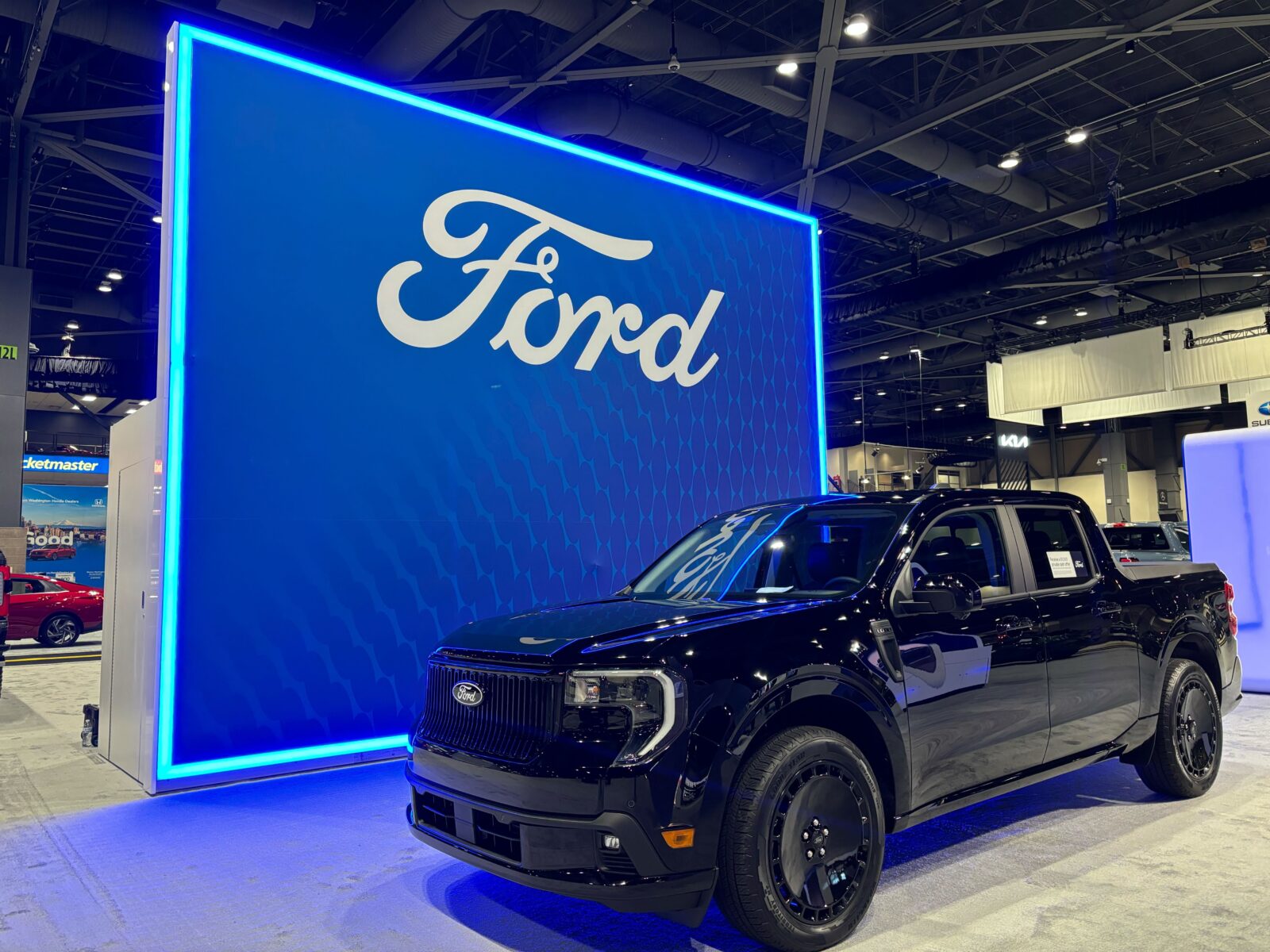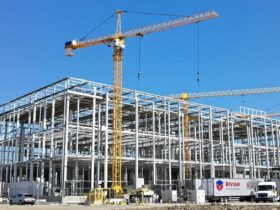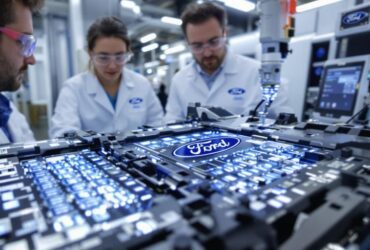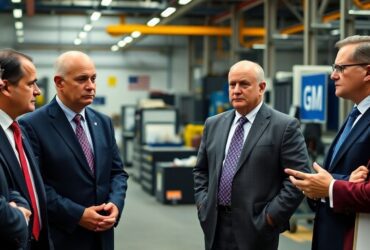Trump’s Inauguration Day and Its Implication on Ford’s Future
The inauguration of Donald Trump as the 45th president of The United States left an impression on several sectors in America, one of those includes the mighty automotive industry. In particular, the impact on one of the titans of the automotive sector – Ford Motors, was notably significant. This article talks about how the significant political event resonates with Ford’s future.
Trump’s Impact on Automotive Industry
Donald Trump’s appointment as the president was seen as a turning point in the history of American manufacturing. His campaign promises were focused around reviving the local manufacturing industry. Guidelines were issued to incentivize companies that produce in the country, peaking the interest of several brands, Ford being one of them.
Ford’s Struggles and Trump’s Pro Domestic Manufacturing Policies
Prior to Trump’s presidency, Ford faced several challenges like reducing profit margins, the need for restructuring, and growing competition in the domestic market. Trump’s promise to improve domestic manufacturing and to impose tariffs on companies that manufacture abroad offered Ford an opportunity to restructure and strengthen its position in the domestic market.
Ford’s Decision to Cancel Mexico Plant
Ford’s decision to cancel its plans for a $1.6 billion auto assembly plant in Mexico was seen by many as a direct response to Trump’s proposed policies. This action by Ford was seen as an attempt to foster a positive relationship with the new administration, further befitting from their local manufacturing incentives.
Perspectives on Ford’s Decision
Opinions on Ford’s decision have been polarized. Critics argued that the decision was influenced by a inclination to appease the new administration without a definitive business case behind it. However, others laud it as a strategic move that will help solidify Ford’s position in the American automotive industry, ensuring long-term prosperity.
Ford’s Future: Doubts and Possibilities
The path ahead for Ford following the cancellation of the Mexico plant isn’t a smooth voyage. Despite the apparent support from the new administration, the automaker faces the challenge of reinvesting the proposed budget from the cancelled Mexico plant back into the U.S. manufacturing facilities that are in dire need of modernization. As uncertainty hangs in the air, it’s yet to be seen whether Trump’s policies would indeed aid Ford in its struggle for stability.
Impact on Consumers
Ford’s decision to invest in domestic production may also have implications for American consumers. It’s conceivable that the enhanced relation between Ford and the US administration may translate to higher retail prices due to an increased emphasis on domestic production. While it might improve American manufacturing, it could potentially burden the customers with slightly higher retail prices.
Automotive Industry: Changing Climate and Newer Challenges
The automotive industry is a rapidly changing landscape where technology, sustainability, and innovation play a major role. The shift from fossil fuels to electric cars and the mega-trend of autonomous vehicles will present a significant challenge to automakers and policymakers alike. Therefore, as Ford navigates through its unique set of challenges, it needs to keep an eye on the future of motoring to ensure sustained growth and success.
Conclusion
In conclusion, Ford’s fate following Trump’s inauguration presented a clear example of how political transitions can significantly influence industrial sectors. Balancing the need for profitability, customer satisfaction, technological innovation, and regulatory compliance will be the key to Ford’s survival and success in the coming years.













Leave a Reply